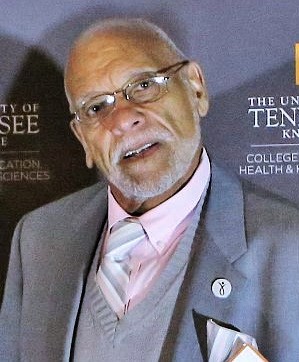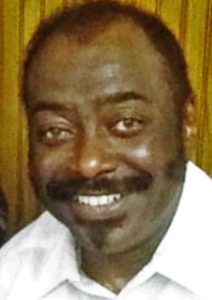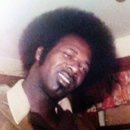He Led Black Lives Matter Protests in the 1960s Dismantling Jim Crow Laws: A Tennessee Living Legacy
May 30th marks the 61st anniversary of Dr. Martin Luther King, Jr. delivering the commencement speech to HBCU Knoxville College graduates. A speech that sparked many of its students to activism. Knoxville’s Bob Booker was among them.
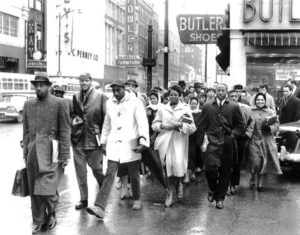
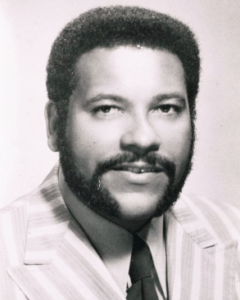
He was born in the basement, the Negro ward of Knoxville General Hospital in the 1930s during the leanest years of the Great Depression, to a mother who occasionally worked as a cook, and to a father who worked on cars. Tennessee historian Robert J. ‘Bob’ Booker recounted that he was “born and raised in the Bottom, the east end,” the poorest section of Knoxville.
An insignificant black child growing up in the segregated deep South. Booker became one of Knoxville’s leading voices of civil rights and desegregation in public accommodations by the 1960s.
Unlike Martin Luther King, Jr., who grew up in a middle-class family headed by a father who was a college-educated minister and NAACP (National Association of Colored People) leader, Robert Booker attended Knoxville segregated schools and graduated from Austin High where his budding leadership in social issues and interest in history first manifested. ‘The Page’ was the name of the high school newspaper that Booker personally typed and first demonstrated his proclivity for writing. He recalls that his first public speech was at a school board meeting, where he “called out the inequalities” with respect to race in the local school system. This was the first time for him to publicly confront injustice.
Booker’s three years of military service in the Army were a turning-point and life-altering experience. While stationed in France he recollects that “for the first time, I (felt) free!” In France, he did not have to endure racial isolation, second-class citizenship, nor demeaning less-than-equal treatment… It was a stark eye-opening reminder of pervasive discrimination he experienced back home in America.
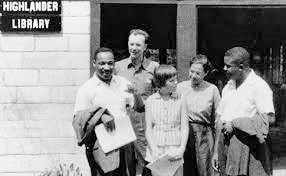
In 1957, Knoxville College (KC) became one of the first HBCUs in America to receive full accreditation from the SACS (Southern Association of Colleges and Schools). When Robert Booker returned home, he decided to enroll at Knoxville College. “I washed dished for a semester (to pay for school),” he reflected, and later used his military G.I. Bill.
By 1960, Booker was the Knoxville College SGA (Student Government Association) president and was leading student protests and sit-ins at downtown segregated lunch counters and movie theaters. And yes, getting arrested for violating state and city Jim Crow laws mandating social separation, institutional apartheid.
Dr. Martin Luther King, Jr. delivered “A Great Time to be Alive” speech at the Knoxville College commencement address on May 30, 1960, over the Memorial Day holiday. Such a crowd attended the graduation that the event was moved outdoors. The crowd flowed over the sloping hill onto the street. King challenged the graduates to get involved as agents of change.
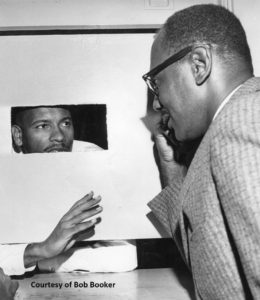
Knoxville’s white-owned daily newspapers — the morning Journal and the evening News-Sentinel all but ignored King’s visit. His words rated little more than a few sentences on an inside page. But when King’s words inspired students who took action a few days later, it was on the front page, according to a 2018 article in the Knoxville News-Sentinel.
Booker was inspired by King’s speech. Although he had already been engaged in student-led campaigns and non-violent ‘sit-ins’ in downtown Knoxville and had been arrested. After continued weeks of sit-ins and protests, SGA president Booker — supporting KC student protesters, ministers, and Whites of the community — witnessed city and business leaders cease to enforce Jim Crow laws in Knoxville.
After graduating from Knoxville College, Booker worked as a French teacher and an English teacher. Booker was Administrative Assistant to former Mayor Kyle Testerman making him the first Black in that position. He later served as director of the Beck Cultural Exchange Center.
A political career was squeezed in among his many works and accomplishments. He served on Knoxville City Council and in 1966, he was elected State Representative to the Tennessee State Assembly from East Tennessee, the first African American in state’s history.
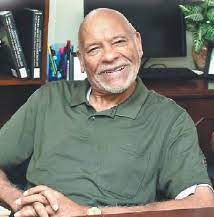
Bob Booker as he is affectionately known continues to write and publish many articles as a weekly Knoxville News Sentinel columnist, a historian, and an author of many books. His books include Two HUNDRED Years of Black Culture in Knoxville, TN: from 1791 to 1991, The Heat of a Red Summer, The Race Riot of 1919, An Encyclopedia: Experiences of Black People in Knoxville, TN (1844 to 1974), And There Was Light: The History of Knoxville College, and From the Bottom Up.
Those who know Bob Booker socially are aware of his standout performances on the dance floor and the stage. He may have succeeded as a professional singer in almost any genre. Booker has recorded a few self-produced CDs, and he is a crowd favorite on a karaoke mic. Booker’s moniker, ‘The Wax Man’ as he is known in music circles, allows him to use his extensive oldies music catalog and knowledge of artists, which he shares on Knoxville’s black radio station WJBE Radio 91.7 FM/1040 AM. He can be heard from 1-2 pm on Thursdays and 10-noon on Saturdays.
“I’m known as the Wax Man,” he explained, his audience, and he as well, loves it when he spins oldie goldies from “the 1960s, ‘70s and ‘80s”.
By Dr. Franklin Tate, Esquire, is a graduate of Knoxville College and a member of the Board of Trustees. He is a veteran writer for the NNPA (National Newspaper Publisher’s Association). He can be reached by email at; mrfranklintate@hotmail.com.
(Visit here to learn the two recognitions Bob Booker received this month.)


